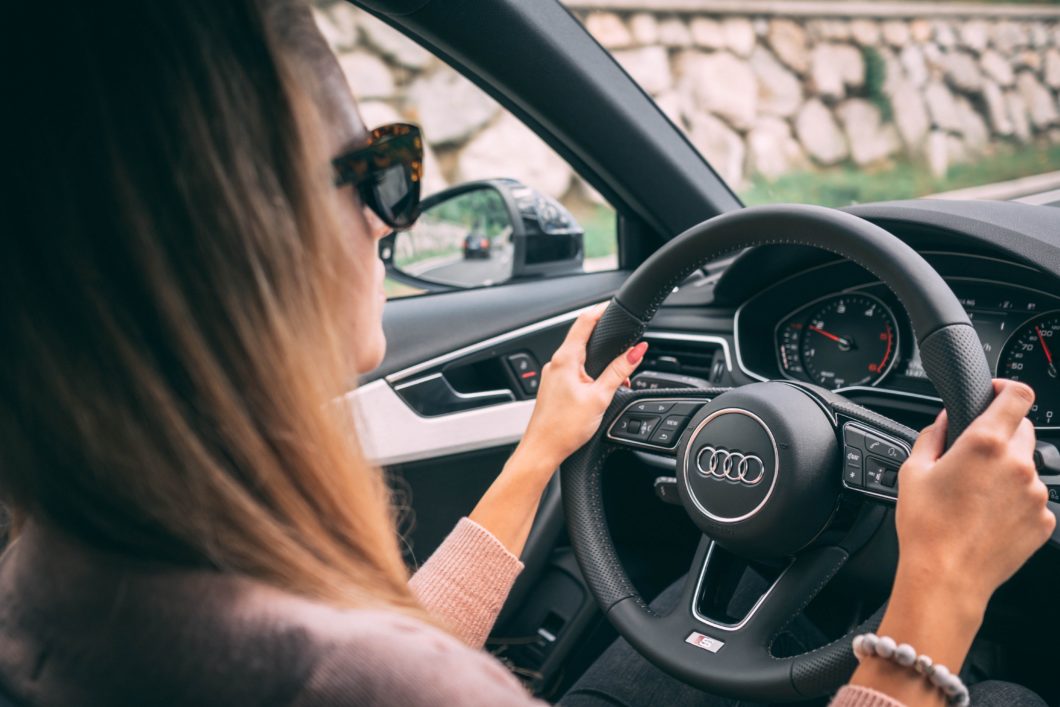08/06/23
Gaining a driving licence is seen by many as a rite of passage into adulthood and maturity, but is it really worth spending money on lessons?
Click HERE to download the Weekly English Practice as a PDF.
Useful Vocabulary
rite of passage: a ceremony or informal activity that marks an important stage in a person’s life
in the region of: about, approximately gov.uk: the UK’s public sector information website
DVSA: Driver and Vehicle Standards Agency
premium: an amount to be paid for insurance
comprehensive: complete and covering everything that is necessary
generation Z: those born in the late 1990s and early 2000s
to rule out: to decide or say officially that something is impossible or will not happen
to be put off: to feel discouraged from doing something
Listen to the audio and read the text.
The terrifying cost of learning to drive
Today’s young people face a dilemma: should they learn to drive? The average cost of driving lessons across Great Britain is £23 an hour, and the average learner takes 47 hours of driving lessons before passing their test. This adds up to £1,081.
Another option is intensive lessons. These courses are typically one or two weeks long. A one-day course is likely to cost about £200, but this is only suitable for someone who requires a few hours’ practice before a test, not a beginner. Longer courses are in the region of £1,000 a week.
Needless to say, lessons are only part of the cost you’ll need to cover if you want to get on the road. The first step in the process of learning to drive is applying for a provisional licence. This costs £34 online at gov.uk.
The second step is the theory test, which costs £23 and can be booked online. The things you need to know for the test can be learned from a book or CD, or via the official DVSA theory test app, which costs £4.99.
The last step before getting your full driving licence is the practical driving test. Costs vary depending on what day of the week you book for: the DVSA charges £62 for tests on weekdays and £75 at weekends. What’s more, if you don’t pass the first time, you’ll have to pay the full price again for another driving test, which is scary, bearing in mind that the pass rate in 2019 was around 45%.
On top of all of that, the biggest single cost is likely to be your insurance. Premiums are colossal for younger drivers, because insurance companies look at age as one of the biggest determinants of risk. The average premium for comprehensive insurance cover for an 18-year-old driver is £1,871 a year, while the average cost for an experienced 45-year-old is £575.
In some places, many people travel by car because public transport is expensive, inaccessible and inadequate. Being able to drive may mean being able to secure an out- of-town job.
Research shows that generation Z are less likely to have learned to drive than those who went immediately before them. Last year, 2.97 million people aged 16 to 25 in Great Britain held a full driving licence, compared to 3.32 million in March 2020. Although this was partly due to Covid restrictions ruling out lessons and tests, young people also say they are increasingly put off by the financial pressures.
Adapted from this article by ECP coach Ali Keable
Let’s chat about that
- Do you have a driver’s license? Why (not)?
- Do you feel that gaining a driving licence is “a rite of passage into adulthood and maturity”?
- What is the most difficult thing about driving?
- In some places, public transport is expensive, inaccessible and inadequate. What about where you live?
- What do you think could be done to help young people with the cost of learning to drive?
- Could humans live without cars?

